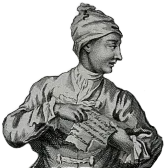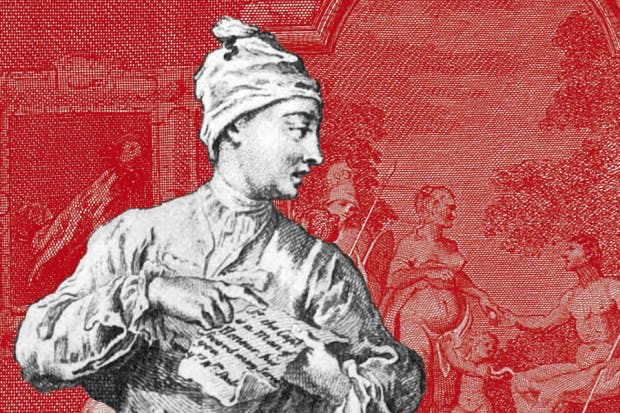Introducing Rakewell, Apollo’s wandering eye on the art world. Look out for regular posts taking a rakish perspective on art and museum stories.
Rakewell is pleased to bring you news of the most puzzling intellectual copyright row of the year (so far). And no, it doesn’t involve Richard Prince. Dutch artist Florentijn Hofman, famed for his gargantuan inflatable rubber ducks, has taken issue with Brazilian protest groups, claiming that they a duck they have used in recent street demonstrations is a plagiarised version of his signature quacker.
The contentious duck, which was commissioned from a factory that produced one of Hofman’s creations, is being used as a protest mascot against government corruption. Emblazoned with the slogan ‘Chega de pagar o pato’ (‘we won’t pay for the duck anymore’ – a colloquial way of saying that Brazilians are fed up of paying for what is not their fault), the outsized bath ornament has appeared at various demonstrations and opposition marches across the country calling for the impeachment of President Dilma Rousseff.
Hofman’s team, however, are not impressed: ‘It is exactly our design and our specific technical patterns,’ they told BBC Brasil, describing the factory’s apparently identical reproduction as ‘a very unwise decision’. The factory claims that while it did indeed produce the politically charged water fowl, it did not copy Hofman’s design.
The familiar rubber duck was designed in the 1940s, and in artistic terms, has come to signify a certain type of garish but utterly pointless consumer product (Jeff Koons is is a fan.) Arguing the case on the grounds of Hofman’s technical specifics must be the stuff of conceptual artists’ nightmares and conceptual art sceptics’ delight.
So if it came to court, would the case be, erm, dead in the water?
Got a story for Rakewell? Get in touch at rakewell@apollomag.com or via @Rakewelltweets.




